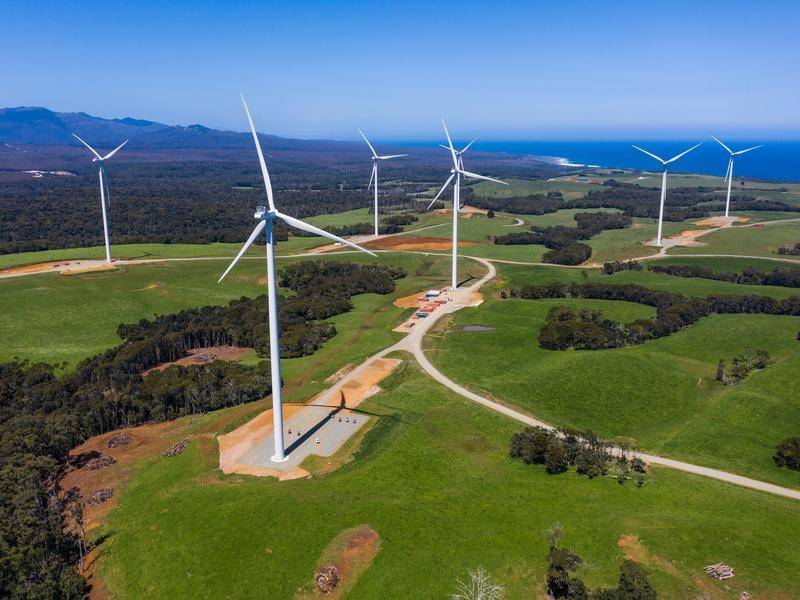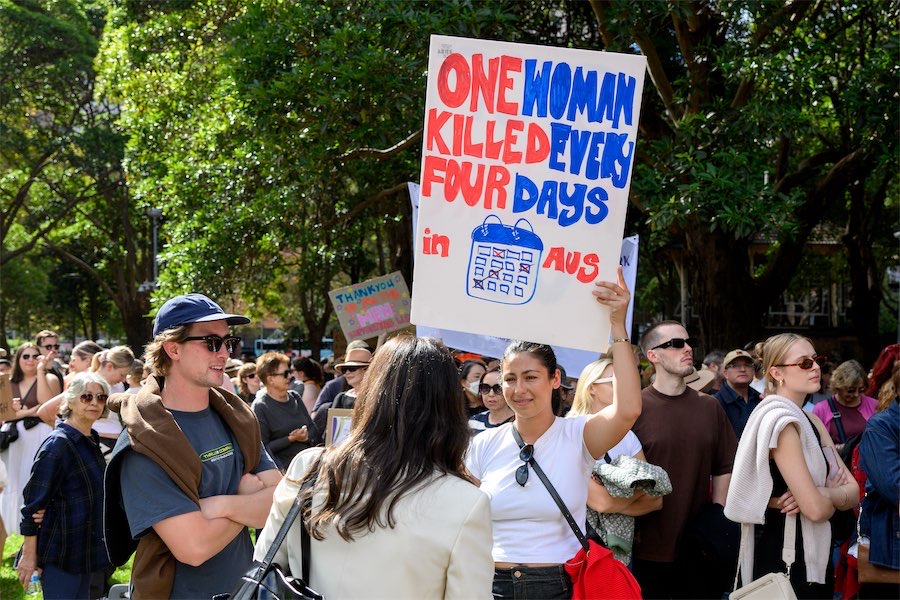
By Maeve Bannister in Canberra
AUSTRALIA has a mountain to climb to get to cheaper energy bills, but the federal government is confident its planned transition to renewables will help bring costs down.
Yet some industry leaders are unconvinced and warn wholesale prices could remain high for at least the next few years.
Despite the government’s commitment to increase renewable energy projects, Alinta Energy chief executive Jeff Dimery told “The Australian” he could not see how enough could be built to compensate coal-fired power stations being phased out.
Transgrid chief executive Brett Redman told the masthead that while renewable projects were on track, he expected the challenge would be to build batteries and other capabilities to bring new power supply to the grid.
From July, residential customers will see price increases of 19.6 to 24.9 per cent, depending on their region, while small-business customers face a rise of between 14.7 and 28.9 per cent.
In response to expected power price hikes, the government committed $3 billion towards direct energy relief in the May budget.
Eligible households include pensioners, veterans and other concession-card holders, recipients of the carer allowance and family tax benefit, and people in existing state and territory electricity concession schemes.
But a pre-election promise to slash $275 off power bills by 2025 could be off the cards if coal and gas energy sources are not replaced at a faster pace.
Financial Services Minister Stephen Jones admitted the government had some catching up to do when it came to Australia’s clean energy transition.
“We wouldn’t be in the situation today if… the former government hadn’t been so destructive in their approach to energy, and in particular renewing our energy generation and transmission system,” he told reporters in Canberra.
“We’ve got a lot of catching up to do… it’s a big mountain to climb (and) that’s why we put so much emphasis on renewable energy, offshore wind, hydrogen, rebuilding the transmission system, all of this work has to be done.”
Shadow treasurer Angus Taylor insisted inflationary pressures were coming from a “cocktail of policies” presented by the government.
“What’s very clear is the broad mix of policies, the fiscal policies, what we saw in the budget, industrial relations, energy policy… are all combining to create a situation and a set of circumstances where inflation is coming from Canberra,” he told ABC News.
But Government Services Minister Bill Shorten said energy prices were lower than they would have been if no action had been taken.
“When we look at our capping of gas prices and other matters, Labor hasn’t wasted a day,” he told Nine’s “Today” show.
“History doesn’t grant a re-run… and it just takes a while to put in place the new infrastructure.”
Who can be trusted?
In a world of spin and confusion, there’s never been a more important time to support independent journalism in Canberra.
If you trust our work online and want to enforce the power of independent voices, I invite you to make a small contribution.
Every dollar of support is invested back into our journalism to help keep citynews.com.au strong and free.
Thank you,
Ian Meikle, editor





Leave a Reply